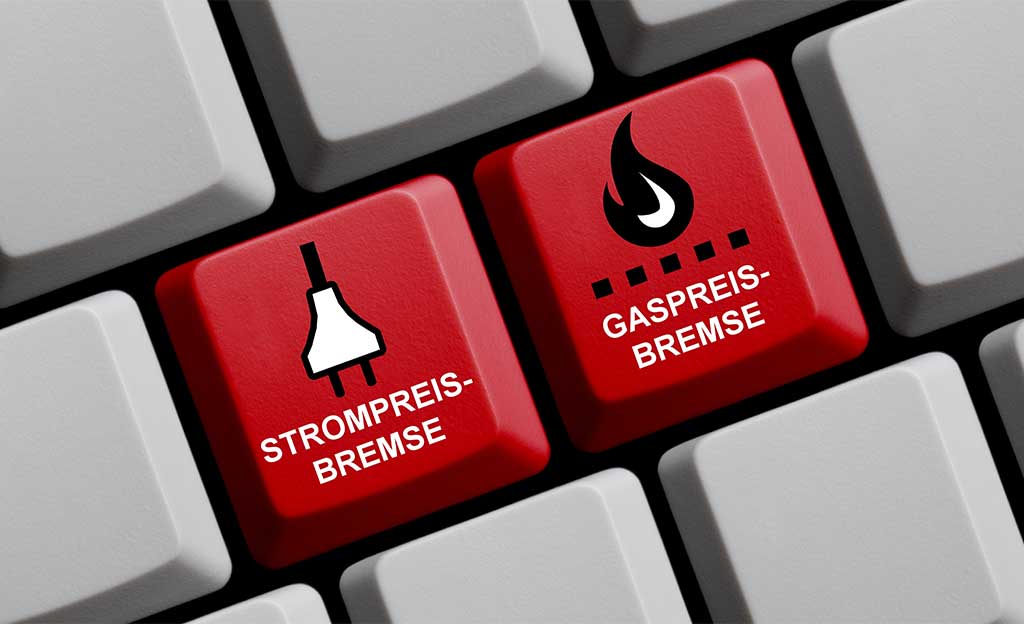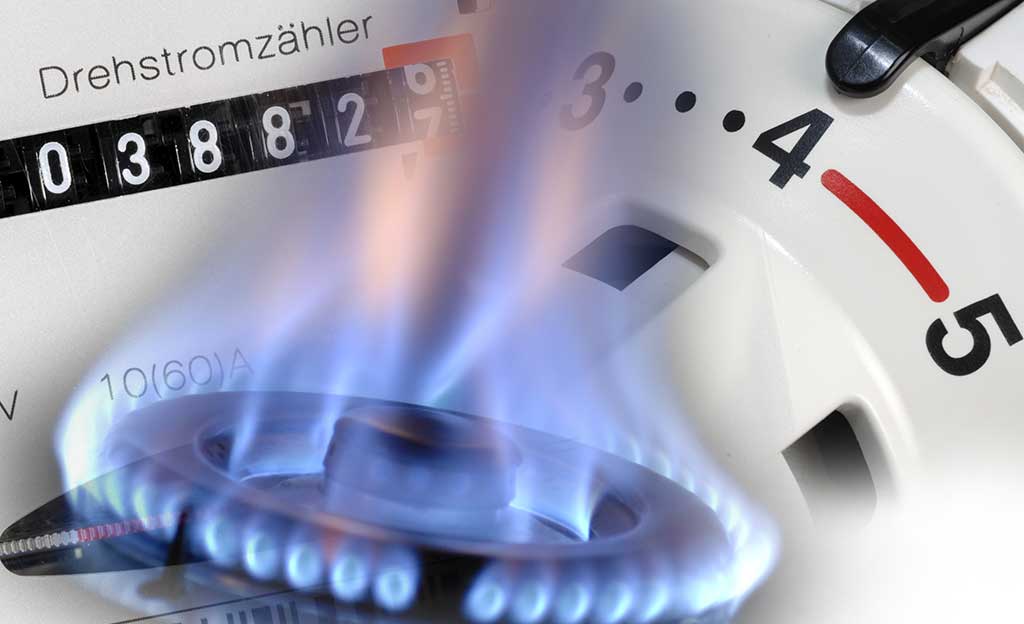
The energy price brake is on almost everyone’s mind. No wonder, because the price brake for gas and electricity affects companies and the self-employed just as much as private households. The German government’s back and forth over the continuation of the relief is never-ending. But the signs point to the abolition of the electricity and gas price brakes from January 2024. The Northwind HR team has summarized here why this is the case and gives you tips on how you can save costs despite the abolition of the energy price brake.
Background to the confusion surrounding the electricity and gas price brakes

Due to the war in Ukraine since February 24, 2022 and the subsequent explosion in energy costs, the German government introduced the electricity and gas price brakes. The relevant resolution by the German Bundestag was passed in December 2022 and provided for the relief to start in January 2023. The measure was planned until the end of 2023 and an extension until April 2024 was promised. At the beginning of November 2023, it was still said that the energy price brake would be extended – but only until March 2024. This is highly unlikely to happen.
The reasons for this are gaping holes in the budget and the budget ruling by the Federal Constitutional Court on November 15, 2023, which prohibits the remaining money from the fund to combat the coronavirus crisis from being used for other subsidies. And this is exactly what the German government intended to do. The approximately 60 billion euros that were transferred from the coronavirus fund to the special fund of the 2021 supplementary budget are now missing.
This means that a number of subsidies are likely to be discontinued in 2024 – including the electricity price cap and gas price cap.
Prospects and savings tips if the energy price brake is abolished
If the energy price brake is actually abolished from January 2024 – in the middle of the heating season – many consumer advocates and energy experts fear rising energy costs. However, it is assumed that the price increases will affect the individual energy supply segments to varying degrees. The grid fees, which are passed on to consumers by the energy suppliers, stand out in particular.
As part of the electricity price brake, costs were capped at 40 cents per kilowatt hour – including taxes and grid fees. This applied to consumption of up to 30,000 kilowatt hours per year. The gas price brake included a cap of 7 cents net per kilowatt hour of gas. If the price brakes are removed, massive price increases in energy supply can be expected.
Comparisons help to mitigate this gloomy outlook somewhat. There are considerable differences on the market. And something else is striking: Many energy suppliers are hitting existing customers extremely hard on the working price for the coming year and in return are offering potential new customers much lower prices.
Here are a few tips:
- check the future working price and the cost per kilowatt hour of your supplier
- compare what your energy supplier is offering new customers
- look for cheaper offers and switch if necessary
Here’s a little rule of thumb: if you consume little, the monthly energy price is more relevant than the price per kilowatt hour.
As the German government’s discussions regarding the energy price cap are still ongoing, it may be worth keeping a close eye on developments in this area.
Bei Fragen zu diesem Thema oder einem anderen Anliegen kontaktieren Sie uns gerne.
